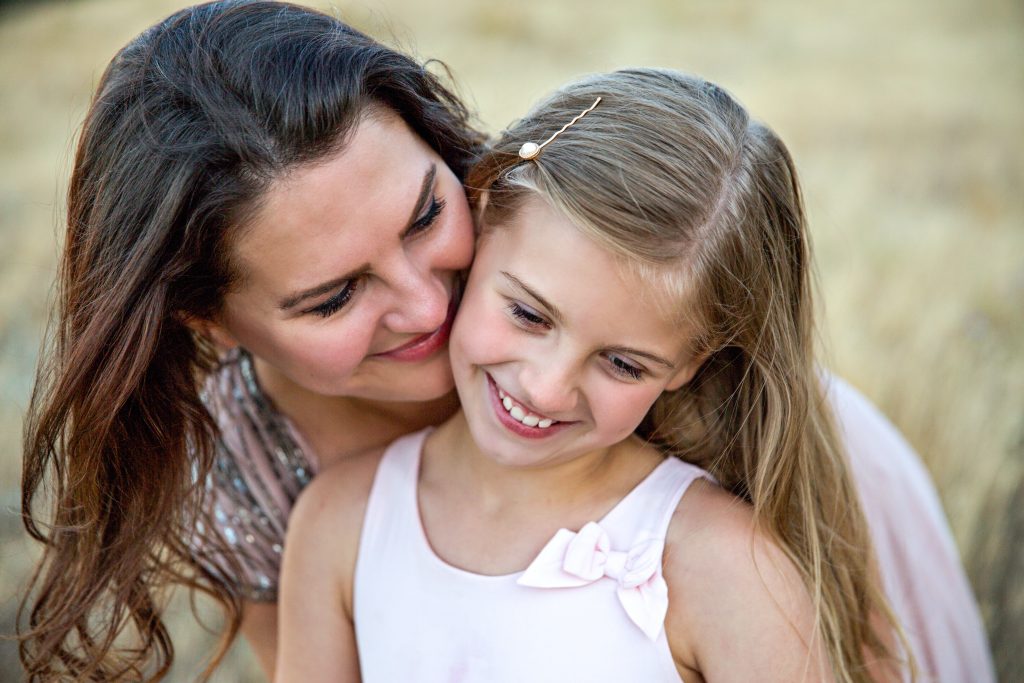“You will be great, you need no attention. “You will succeed, no matter what!”
Some adult replacement children have implicitly understood this message from their parents.

They may have been born before or after a sibling who suffered from a severe physical or mental challenge. As parents were preoccupied with the intense needs of the challenged sibling, the other child intuits the parents’ feeling that “you can make it on your own, you need us less.” These children may also have been consciously or unconsciously expected to fulfill the hopes and accomplishments their sibling could not.
French Psychiatrist André Green described a preoccupied or depressed mother as a ‘dead mother’. His observation was based on clinical observations: “a mother who remains alive but who is, so to speak, psychically dead in the eyes of the young child in her care” (Green, 1986, p. 147). Green also had personal experience of this, since his older sister had suffered from tuberculosis. “My mother was – like any mother whose daughter was away because of an illness – very sad and depressed and my parents used to spend two months (away) to enable my mother to stay with my sister,” wrote Green. This can lead to feelings of deep solitude in a child, and still be felt in adult life, as a ‘loss of meaning’.
A child replacing an ill or mentally/physically challenged sibling may feel not seen, not sufficiently loved. One of the adult replacement children I worked with was told: “You are lucky to be alive, don’t make any fuss!” Her mother was crying behind the closed bedroom door and unavailable to her for long stretches of her growing up.
Perfectionist and Angry
Another client, a young man, had felt that he was supposed to be easy-going, and let his parents deal with his ill brother. “I have an anger and frustration problem,” he said. He found he was “too perfectionist,” and that he had a tendency to “disappear, to annihilate his own presence.” He had grown up in the shadow of a disabled brother who had taken “all the space.” By trying to be “ideal,” he had attempted to compensate for his brother’s affliction. Actually, “I am auto-destructive,” he realized. (Cited from Schellinski: Individuation for Adult Replacement Children.)
If one is to be grateful to be alive and told one is so much better off than an ailing sibling, how can one suffer, and how can one get anyone to recognize that one suffers?
Such may be the predicament of the ‘golden child’, the ‘miracle child’, the much-wished for child, the one who came after a tragedy struck the family. This child may have been assigned that role, after a sibling died or fell ill, to make up for a loss, to succeed, to be perfect. To make the parents happy. That can come with a heavy price. The ground on which such a replacement child stands may feel wobbly; such a child may grow up without a solid sense of self, and may wonder, even as an adult:
“Who am I?”
“Am I really that brilliant?”
“Why am I then so nervous, so alone, feeling so stressed?” “Why am I making such huge efforts to be extraordinary, to be so ‘other’ than my afflicted sibling?”
Loved, period
The feeling of not having been sufficiently seen or heard in one’s early childhood and youth, can cause suffering later on.
“I was told I took too much space” some adult replacement children related to me in my practice. We can easily understand parents who were too preoccupied with the needs of a sick child: the healthy child seemed to require less care and attention.
What may help such a replacement child is being loved for who she or he is, and being helped to learn to love himself or herself for just being the way they are, normal, nothing special; loved, period. Recognition of the hidden suffering they carried when they were supposed to be easy-going and self-sufficient, can go a long way toward healing. Successful long-lasting, trusting relationships, may have to be learnt again, in adult life.
Reconnect with true self
When adult replacement children understand what has happened to them then, they can now look at who they are, how they have felt and how the replacement child condition is impacting, still, on their relationships today. Too much of a positive projection can be a burden on a “miracle child,” especially when a parent expects a smooth-running, no-problem, successful child. Unconsciously, such a child may also wish to ‘rescue’ the parent, to make the parent happy by fulfilling those expectations.
As analysts and therapists, we help adult replacement children focus on their needs and their hopes, and especially encourage them to reconnect with their true selves.
Kristina Schellinski, Teaching Psychoanalyst and Therapist, Geneva, Switzerland, Co-founder of replacementchildforum.com